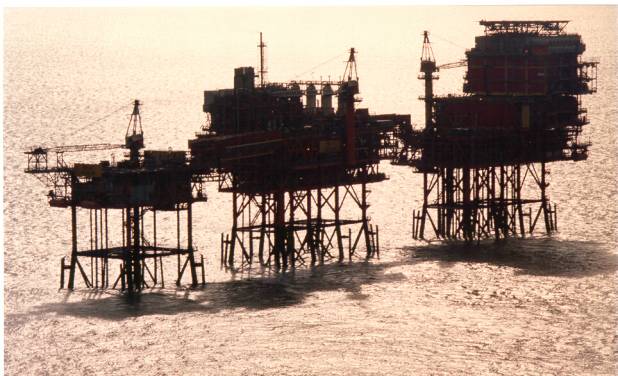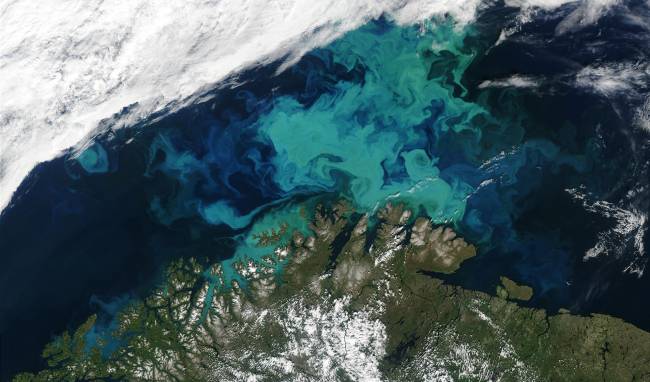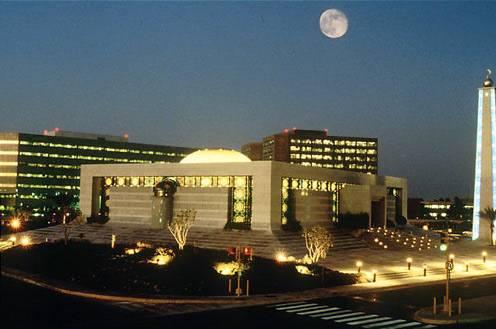
Centrica, the owner of British Gas, is to almost double its stake in the Norwegian Stratfjord field in a deal that will boost its expansion efforts in the North Sea.
The acquisition, worth £144 million, will increase Centrica’s oil and gas reserves by 29 million barrels of oil equivalent. It will provide the UK-based company with an additional 172 billion cubic feet equivalent of gas and oil reserves, and an incremental 70 million cubic feet per day of natural gas and oil production in 2010.






